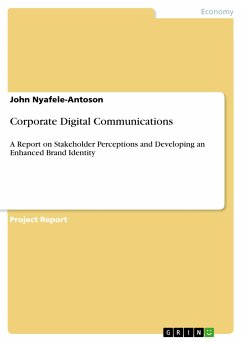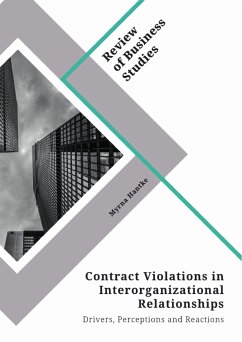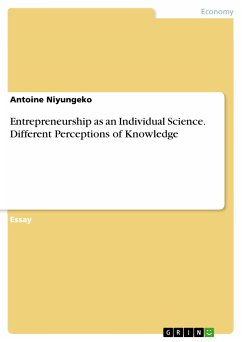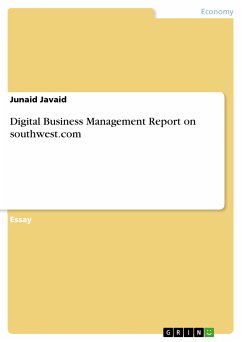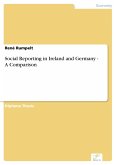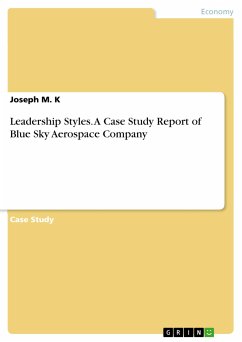Project Report from the year 2020 in the subject Business economics - Corporate communication, grade: MSc., University of Cape Coast, course: Corporate Digital Communications, language: English, abstract: This report is in three tasks. The first task provides the organisational summary of the chosen organization (Qatar Airways). Then assesses the current stakeholders' perceptions of its existing brand identity through stakeholder analysis and mapping and evaluates the ways in which the organisation has developed its brand identity over time and the impact this has had on its reputation. In conducting the stakeholder analysis, eight stakeholder groups were identified and their expectations analyzed. With this done, a thorough assessment was conducted using stakeholder mapping to know their perceptions of the brand identity of Qatar Airways. The assessment revealed that stakeholder perceptions of the brand are generally positive. By evaluating how the brand identity has been developed over time, the context and concepts relating to branding and corporate reputation were first examined and then the impact of the brand identity on the organisation's reputation was evaluated. This evaluation revealed that Qatar Airways' brand identity has developed through deliberate brand identity strategies. Generally, the brand identity of the organisation has impacted the company's reputation positively. The second task of the report considers the use of digital communications to establish a new brand. It begins by assessing the following as the most relevant digital tools and channels available for establishing and managing brand identity: brand website, social media, mobile phone applications and email. It further evaluates the suitability of two digital channels currently used by Qatar Airways to communicate its brand identity: the organisation's brand website and its Facebook page. This task then concludes by recommending the following digital communications strategies for establishing an enhanced brand identity: having an increasingly active presence on popular social media platforms; increasing the use of email newsletters; increasing the use of visual elements on social media platforms; providing information consistently and purposefully on the corporate website and developing the corporate website into an online collaboration platform and content hub. The final task of this report examines how Qatar Airways can develop a new corporate brand identity that better reflects the needs of both the organisation and its stakeholders.
Dieser Download kann aus rechtlichen Gründen nur mit Rechnungsadresse in A, B, BG, CY, CZ, D, DK, EW, E, FIN, F, GR, HR, H, IRL, I, LT, L, LR, M, NL, PL, P, R, S, SLO, SK ausgeliefert werden.

